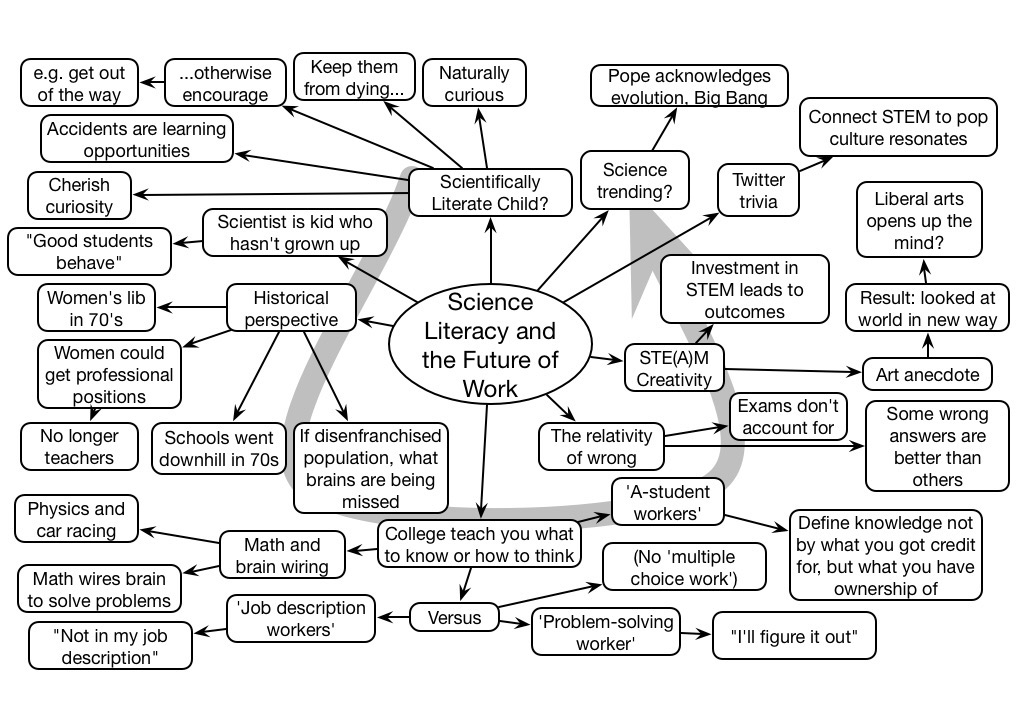I’ve been on a rant about learning design for a few posts, but I ended up talking about how creating a better process is part of getting strategic. The point was that our learning design has to embody what’s know about how we learn, e.g. a learning engineering. And it occurs to me that getting our processes structured to align with how we work is part of a bigger picture of how our strategies have to similarly be informed.
So, as part of the L&D Revolution I argue we need to have, I’m suggesting organizations, and consequently L&D, need to be aligned with how we think, work, and learn. So our formal learning initiatives (used only when they are really needed) need to be based upon learning science. And performance support similarly needs to reflect how we process information, and, importantly, things we don’t do well and need support for. The argument for informal and social learning similarly comes from our natural approaches, and similarly needs to provide facilitation for where things can and do go wrong.
And, recursively, L&D’s processes need to similarly reflect what we do, and don’t, do well. So, just as we should provide support for performers to execute, communicate, collaborate, and continue to improve (why L&D needs to become P&D), we need to make sure that we practice what we preach. And a scientific method means we need to measure what we’re doing, not just efficiency, but effectiveness.
It’s time that L&D gets out of the amateur approach, and starts getting professional. Which means understanding the organization’s goals, rejecting requests that are nonsensical, examining what we do, using technology in sophisticated ways (*cough* content engineering *cough*), and more. We need to know about how we think, work, and learn, and apply it to what we do. We’re about people, after all, so it’s about time we understood the science in our field, and quit thinking that our existing practices (largely from an industrial age) are inherently relevant. We must be scrutable, and that means we must scrutinize. Time to get to work.
#itashare
